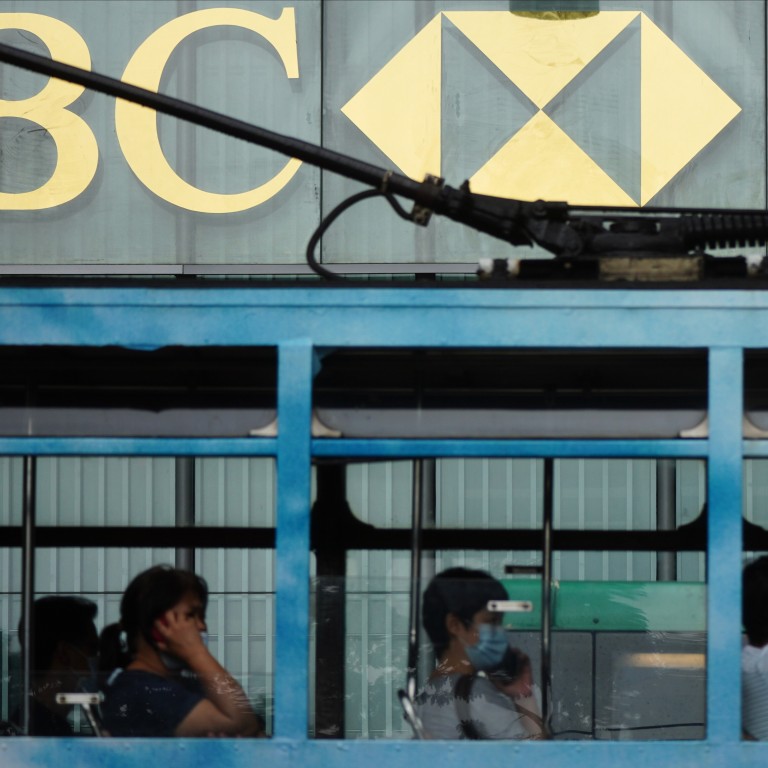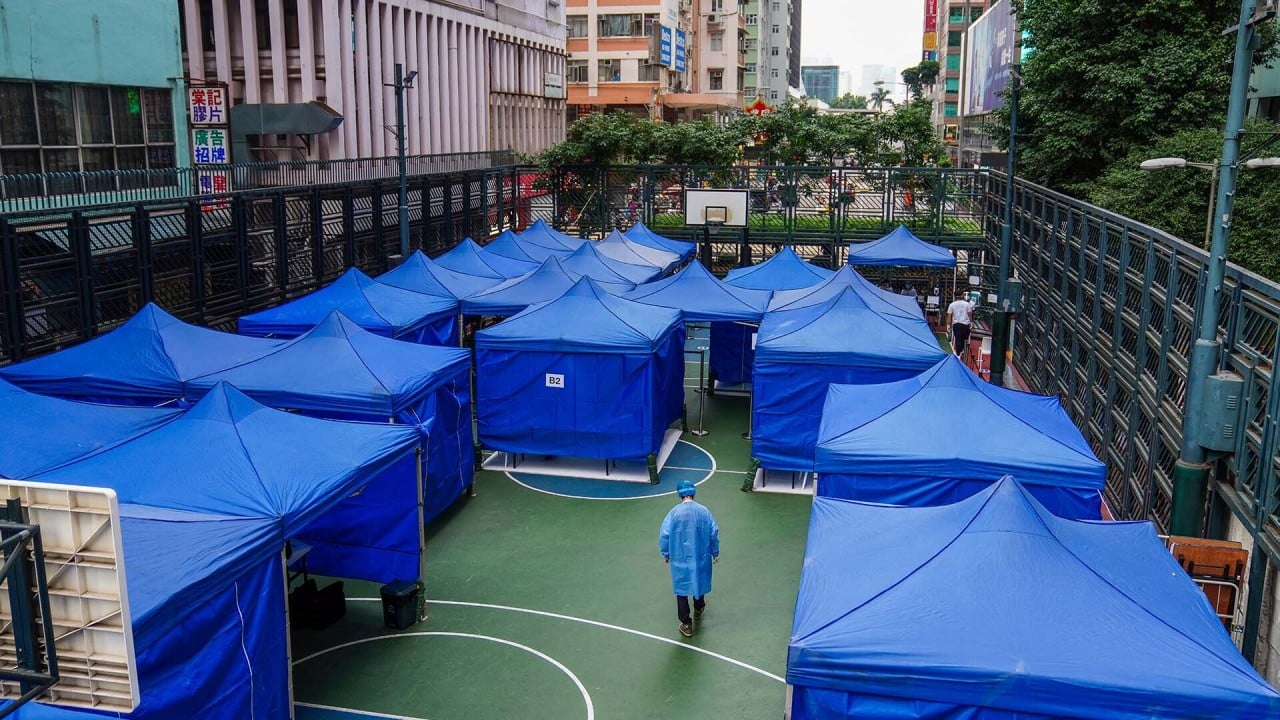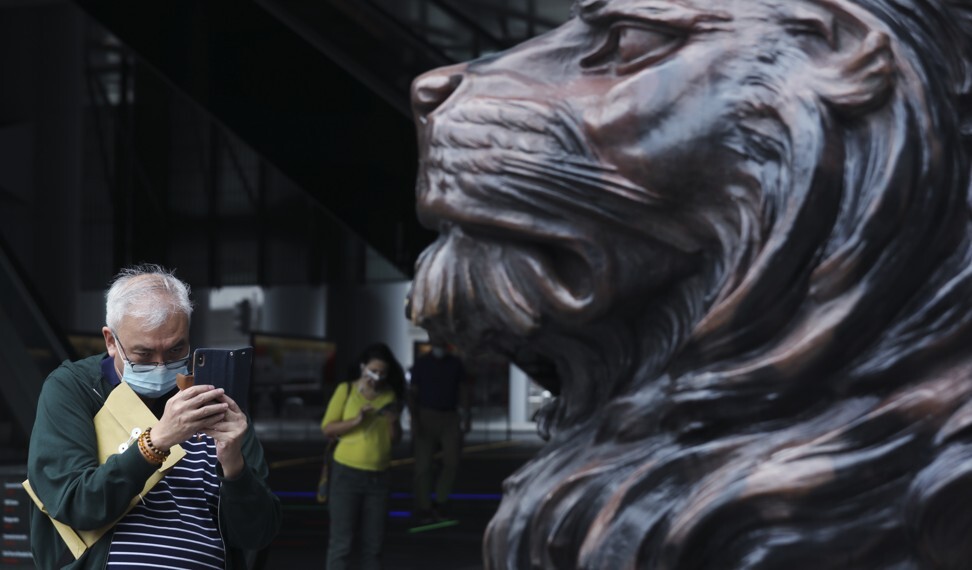
HSBC, Standard Chartered likely to resume dividends next year after UK regulator gives OK
- Prudential Regulation Authority asked HSBC, Standard Chartered to suspend dividends, buyouts earlier this year
- Dividend suspension sparked a rebellion among shareholders; stock prices have recovered recently
The announcement sent the shares of both banks higher early in Hong Kong’s trading session on Friday, but their shares gave up much of their gains over the course of the day. HSBC’s shares declined 0.6 per cent to close at HK$41.65 (US$5.37), while Standard Chartered’s shares rose 0.2 per cent to end the day at HK$49.
While economic uncertainty as a result of the pandemic remains “high” and banks in the UK are likely to face “some headwinds” in their capital positions next year, the PRA said it believes lenders remain well capitalised and able to support the economy.

02:02
Fourth wave of coronavirus cases in Hong Kong prompts tougher Covid-19 measures
HSBC, which moved its headquarters to London following its acquisition of Midlands Bank in 1992, has previously said it would not consider moving its headquarters after reviewing its domicile four years ago.
Concerns among investors also were high earlier this year as both lenders were forced to set aside billions of dollars in reserves for potential soured loans as the pandemic weighed on economies stretching from Hong Kong to London to New York.
Those worries have subsided somewhat in recent weeks as Asian economies, particularly in China, appear to be recovering at a quicker pace than their Western counterparts and positive news emerged on the roll-out of a coronavirus vaccine.
“We welcome this decision by the PRA,” Standard Chartered said in a statement. “Given our strong capital position the board will consider resuming shareholder returns on 25 February 2021 when we release our full-year 2020 results.”
As of Thursday’s close, HSBC’s shares recovered nearly all of their losses since April 1, when the dividend suspension was announced, and Standard Chartered’s shares are trading above their late March levels.

The PRA said any decision on the appropriate levels of distributions remains up to the bank boards, but the regulator asked banks to operate within a framework of “temporary guardrails” for 2020.
The regulator said that distributions to shareholders should not exceed 20 basis points of risk-weighted assets at the end of the year or 25 per cent of cumulative profits for all of 2019 and 2020 after deducting prior shareholder payouts.
It also asked that banks “exercise a high degree of caution and prudence” in determining the size of any cash bonuses to senior staff after requesting earlier this year that banks not pay cash bonuses to senior executives and material risk takers.
“Any distributions should be prudent, reflecting the still elevated levels of economic uncertainty and the need for banks to continue to support households and businesses through the continuing economic disruption, even in the event that this disruption is more prolonged and severe than currently anticipated,” the regulator said.

